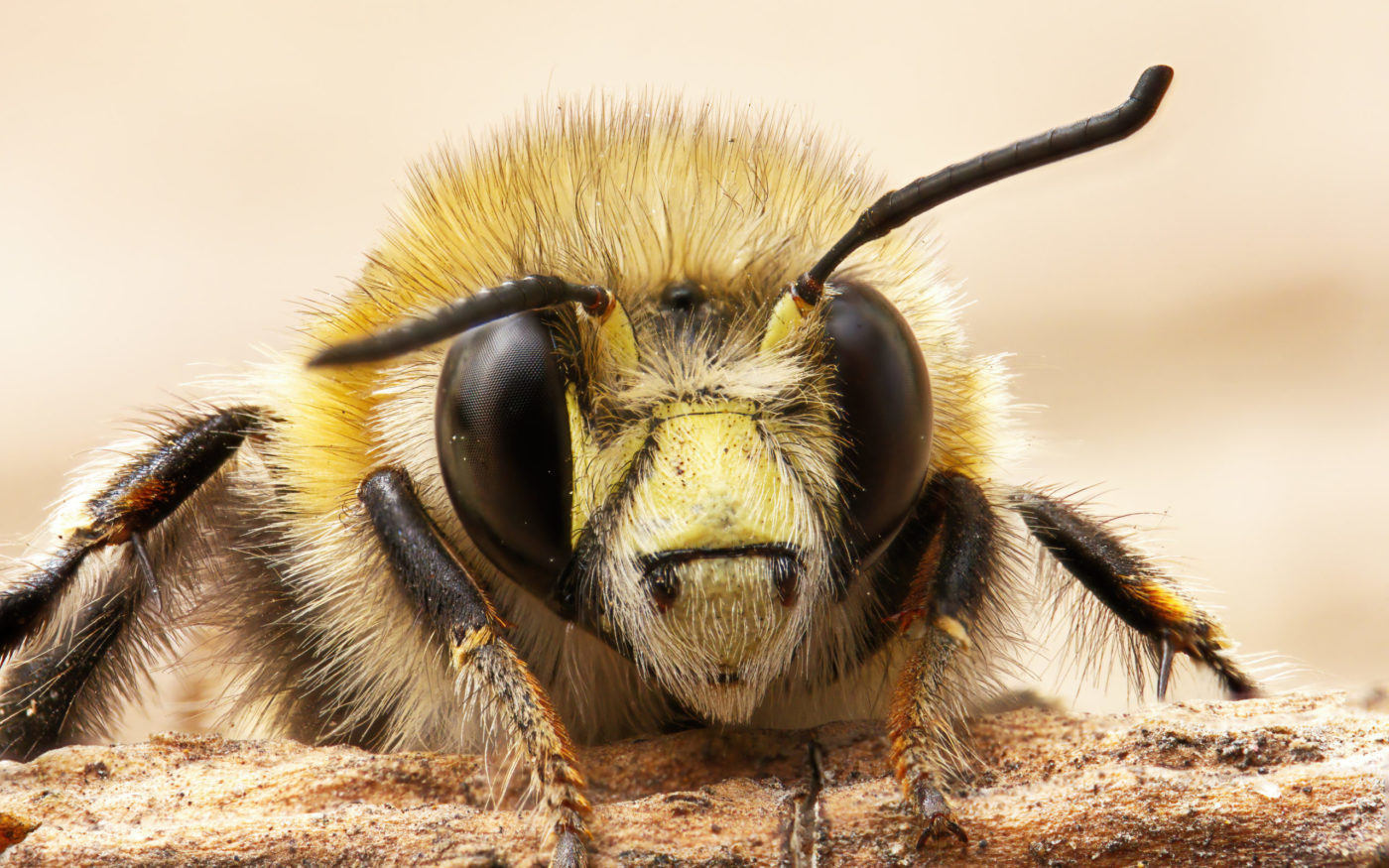To mark the start of RES Insect Week 2025, the Royal Entomological Society is calling on the British public to #StandTallForTheSmall and take the Insect Week pledge – a commitment to discover, observe and protect insects in all their fascinating variety.
Insects are the most diverse and abundant group of animals on Earth, providing essential services such as pollination, natural pest control, and nutrient recycling. Yet, despite growing concern over population declines, little is known about how 99% of insect species globally are faring. There is an urgent need for more comprehensive data collection across both urban and rural landscapes.
Citizen science is set to play a vital role in filling this knowledge gap. Local data gathered by people in their gardens, parks and green spaces helps build a national picture of insect prevalence and diversity. This in turn supports scientific research, informs conservation strategies, and helps protect biodiversity for future generations.
“The public can play an important role in helping us learn more about the insects we depend on. That’s why we’re encouraging everyone to take the Insect Week pledge. There are several accessible citizen science projects already making a real difference. Now is the perfect time to step outside, take a closer look, and record what you see.”
– Simon Ward, CEO of the Royal Entomological Society
Coinciding with Insect Week, the latest annual report from the UK Pollinator Monitoring Scheme (PoMS) is published today. Read it here.
PoMS, an exemplar citizen science initiative run by the UK Centre for Ecology & Hydrology and the Joint Nature Conservation Committee, is helping to build a long-term picture of pollinator populations across the UK.
This year’s report highlights the importance of supporting a wide range of plants and habitats to provide essential feeding and sheltering for pollinating insects. This means anyone with access to a garden or growing space – including window boxes, doorstep pots and balconies – can help increase biodiversity and boost beneficial insect populations even in the most urban areas.
It has also revealed several insect species that have never been recorded in PoMS surveys before. The Little Blue Carpenter Bee (Ceratina cyanea), the Variable Nomad Bee (Nomada zonata), the Golf-club Duckfly hoverfly (Anasimyia transfuga), and the Variable Pufftail hoverfly (Sphegina sibirica) were sampled for the first time since the scheme began in 2017. These findings highlight how valuable citizen science can be in contributing to scientific knowledge.
Members of the public can participate in PoMS surveys through simple 10-minute Flower-Insect Timed Counts (FIT Counts). Learn more and get involved at ukpoms.org.uk.
There are other citizen science schemes, supported by the RES, that people can take part in including the Big Butterfly Count, irecord, and inaturalist.

But the first step to getting involved and making a difference is to sign the RES Insect Week Pledge today.
Follow us on social media for updates and share your insect news and events using #InsectWeek

